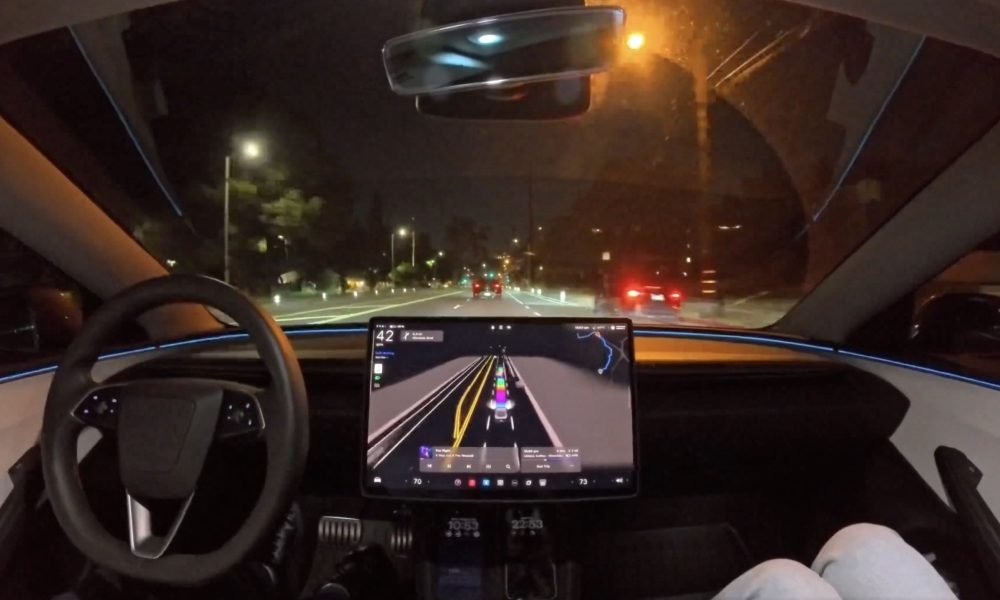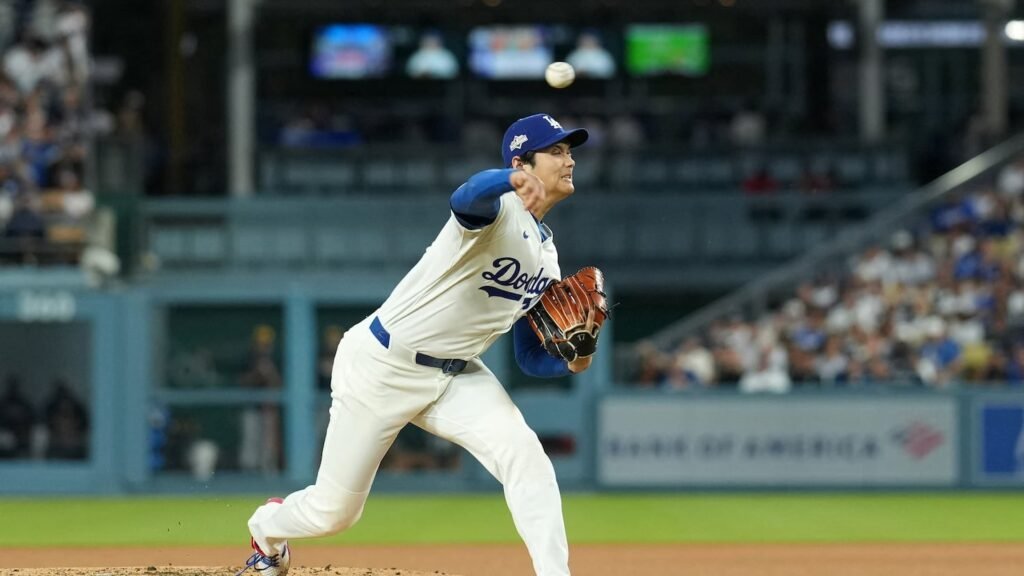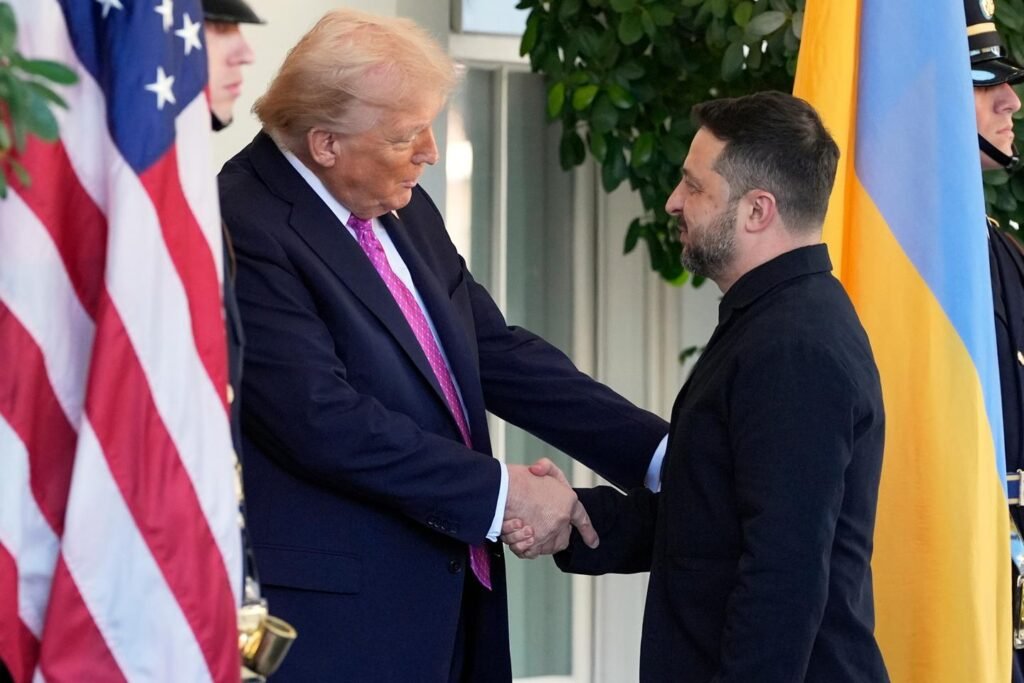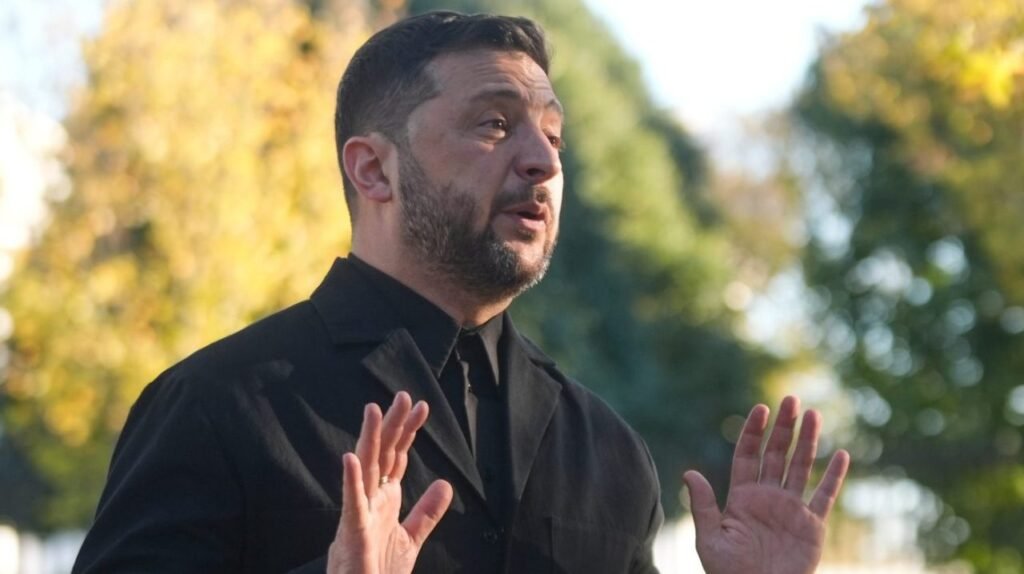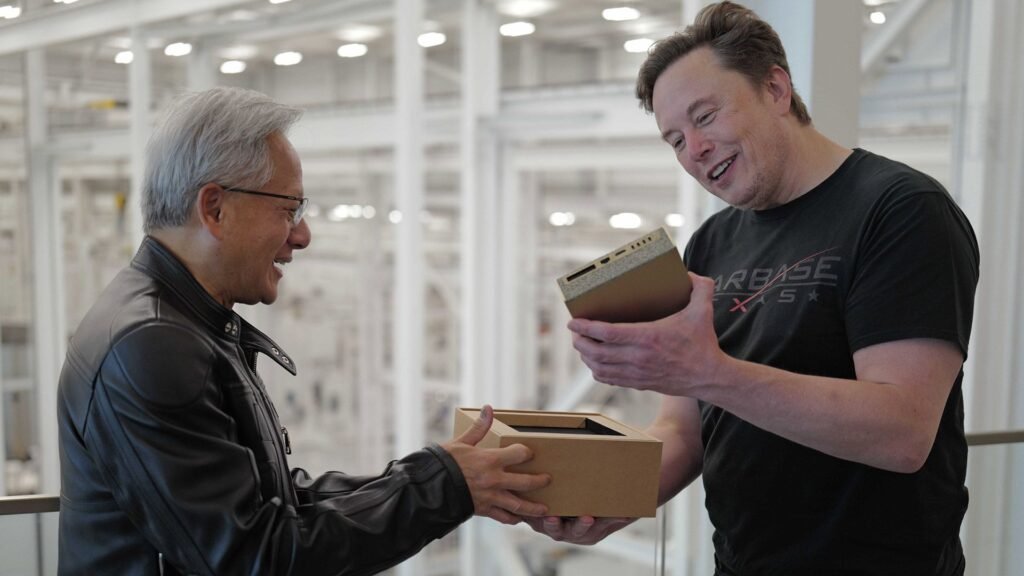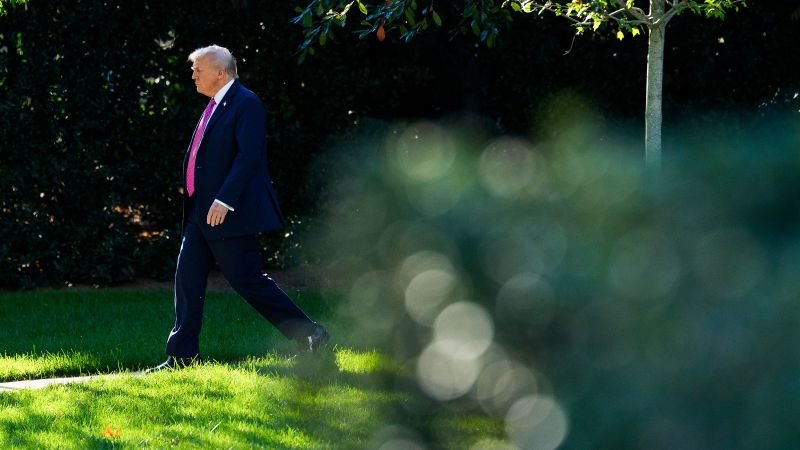The saga of Elon Musk’s compensation
This is not the first time Elon Musk’s pay has become a flashpoint. In 2018, Tesla’s board approved a $56 billion compensation package, structured entirely in stock options with no guaranteed salary or bonuses. That deal was heavily performance-based, with tranches that would vest only if Tesla met a series of increasingly difficult market cap and operational targets. At the time, many saw it as a high-risk, high-reward structure meant to keep Musk focused on Tesla rather than his other ventures like SpaceX or Neuralink.
However, that 2018 plan was cancelled by a Delaware Chancery Court in early 2024. The court found that the board had not acted independently and had failed to fully inform shareholders about the process behind the package. The judge characterized it as an “unfathomable sum” and criticized the board for its lack of due diligence and over-reliance on Musk himself.
Now, in 2025, Tesla’s board has returned with an even more aggressive pay package estimated by Institutional Shareholder Services (ISS) at $104 billion in stock-based awards, but with a maximum potential value of $1 trillion should Tesla hit extreme milestones, including a market capitalization of $8.5 trillion and delivery of 20 million vehicles annually. Tesla claims the structure is once again performance-based and in line with shareholder interests. But ISS, one of the most influential proxy advisers, has urged shareholders to reject it, calling the size “astronomical” and warning of dilution and misaligned incentives.
The case for Musk’s $1 trillion compensation
Supporters of the plan argue that Musk has been instrumental in transforming Tesla from a struggling electric vehicle startup into one of the world’s most valuable automakers. He has made Tesla a powerful force in the global auto and energy markets. Investors who held Tesla stock over the last decade have seen exponential returns, thanks in large part to Musk’s innovative, aggressive and often controversial leadership style.

Live Events
Tesla’s board argues that retaining Musk is essential to maintaining momentum. In a video posted on Tesla’s official X account on October 17, board member Kathleen Wilson-Thompson said, “Many people come to Tesla to specifically work with Elon… retaining and incentivizing him will, in the long run, help us retain and recruit better talent.” This reflects a broader belief within the company that Musk’s leadership is not only strategic but symbolic too as he is both the public face and internal driver of Tesla’s innovation.Tesla also contends that the plan is structured to be entirely performance-based, just like the 2018 package. If Musk fails to meet the lofty targets, including mass production of robotaxis and hundreds of billions in adjusted earnings, he gets nothing. This kind of “all-or-nothing” package is, in the company’s view, a far cry from traditional executive compensation, which often includes large salaries and bonuses regardless of results. Moreover, the recent boost in Tesla’s stock price following the announcement of the plan suggests that many investors believe the incentives will align Musk’s interests with theirs.
What critics say
Critics, however, argue that the package is not only excessive but undermines good governance and corporate responsibility. ISS, which provides voting recommendations to large institutional investors, has been particularly vocal. As reported by Reuters, ISS warned that the plan locks in extraordinarily high pay opportunities over the next ten years and reduces the board’s ability to meaningfully adjust future pay levels. The adviser also noted that even partial achievement of goals could result in tens of billions in payouts, a level of compensation it sees as disproportionate to performance.
There are also concerns about the dilution of existing shareholder value. Since the payout would be delivered in stock, issuing such a massive grant could erode the value of shares held by current investors. ISS has flagged this as a significant downside, particularly for long-term retail shareholders.
Another contentious point is Musk’s ability to vote his own shares this time around, which is about 13.5% of Tesla’s voting power, according to recent filings. This gives him significant influence over the outcome of the vote, an issue that some see as undermining the integrity of the process. Critics argue that this creates a conflict of interest and reduces accountability.
Many think the package raises questions about executive pay equity. While Tesla’s board justifies the plan by pointing to Musk’s unique contributions and the scale of the company’s ambitions, it can set a precedent in a time of increasing public scrutiny of income inequality. The size of the pay package will be potentially bigger than the GDP of some small countries.
A vote with long-term consequences
With the shareholder vote looming on November 6, the decision will ultimately rest with those who hold Tesla stock. They must decide not only whether the package is worth it in financial terms, but whether it aligns with the values and future they envision for Tesla and the corporate world at large.
Whether or not Musk deserves the $1 trillion pay package is a subjective issue as different people can interpret it in different ways, even though Musk stands out starkly among his peers in the corporate world for his innovation and enterprise. What’s clear is that the outcome of this vote can have far-reaching implications not just for Tesla but also for how executive compensation is structured across the business world.


